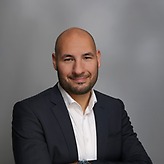 Philip
Your Contact Person
Senior HR Manager
career@adesso-group.com
Philip
Your Contact Person
Senior HR Manager
career@adesso-group.com
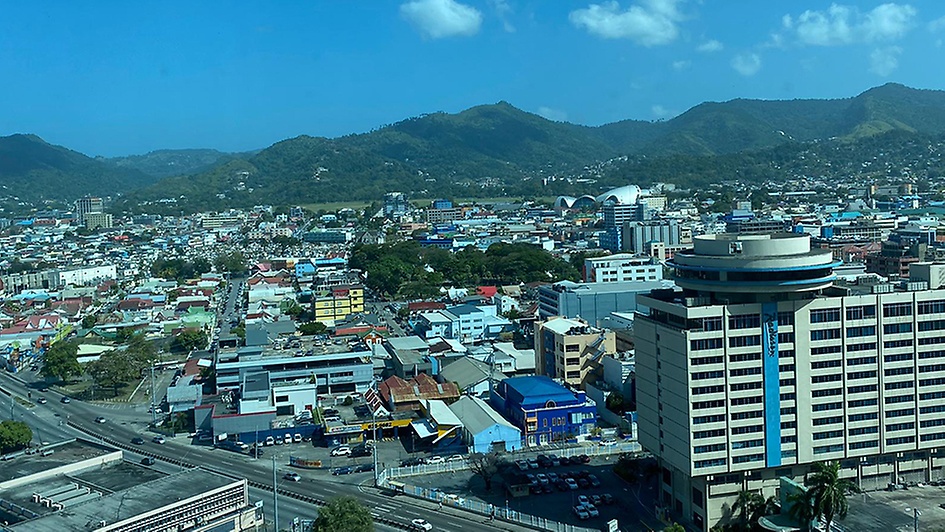
Strategic advice for the National Lotteries Control Board (NLCB) of Trinidad & Tobago
Focus of the project: business model analysis, support during contract negotiations, planning a request for proposal and assessing the legislation governing the National Lotteries Control Board (NLCB) of Trinidad & TobagoThe NLCB of Trinidad & Tobago engaged adesso SE to analyse its current business and operating models and to develop strategic guidelines for the future development of the lottery and gambling sector in Trinidad & Tobago. This included advising the NLCB during contract negotiations with the current providers, analysing gambling policy and developing proposals for changes in the law and for the regulation and positioning of the company. The main goals were to bring about the changes required to make the gambling market fit for the future, curb illegal gambling activities and protect players.
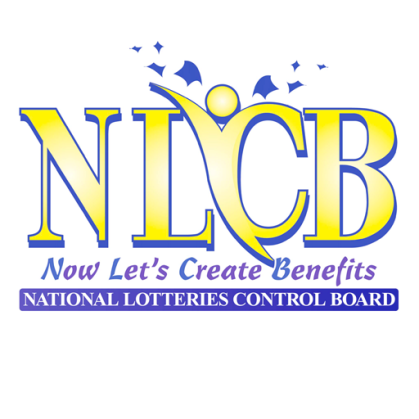
Details of the project strategy:
In the first part of the project, the adesso team analysed the Caribbean market and compared the NLCB with similar lotteries in the region and worldwide. The second part involved negotiating with the long-term supplier IGT and the realisation of saving targets.
The next step was a fundamental restructuring of the NLCB’s business operations on the basis of the existing corporate mission and comprising four strategic pillars:
- 1. Organisation and processes
- 2. Legal framework
- 3. Products
- 4. Request for proposal
adesso recommended privatising the company in order to change organisational structures and processes. The plan was also to expand and renew the legal framework for gambling in Trinidad & Tobago to meet the requirements for regulation, player protection and new gambling services. A gap analysis was carried out to identify the necessary amendments, and a draft law was being passed by the parliament in 2021.
Other topics are currently being addressed.
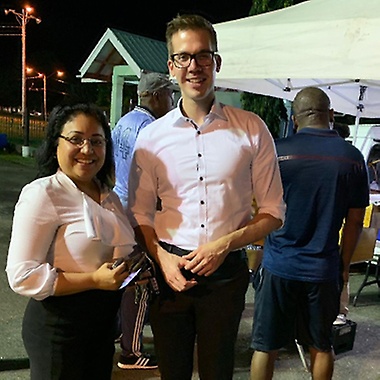
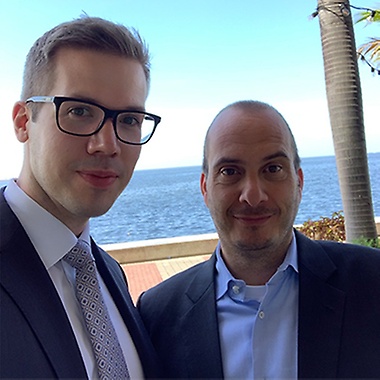

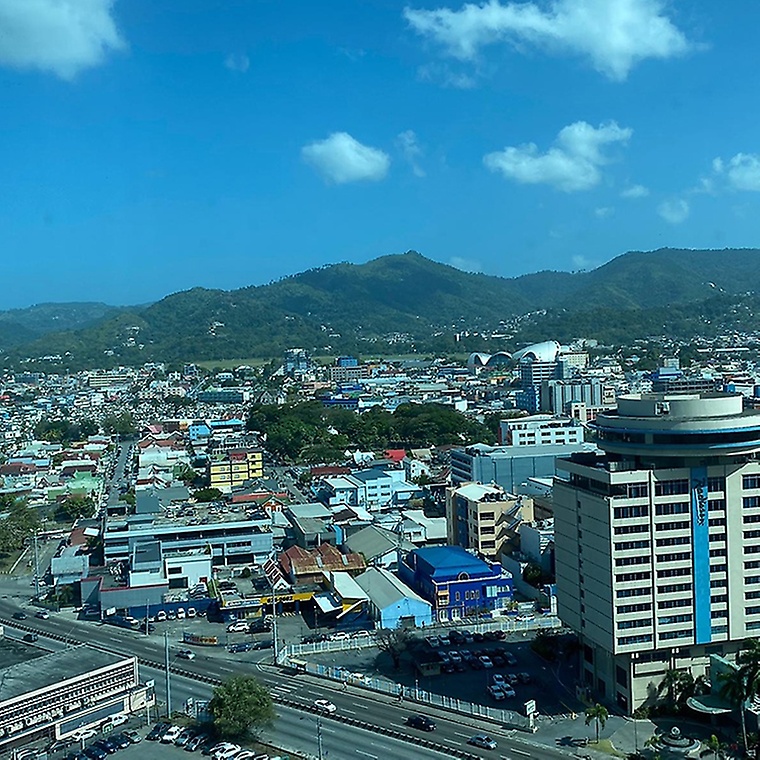
About the National Lotteries Control Board (NLCB) of Trinidad & Tobago:
The National Lotteries Control Board (NLCB) of Trinidad & Tobago operates the country’s lottery business. Despite a population of only 1.4 million, the NLCB’s gross revenue totalled around USD 440 million before the pandemic – not including the large illegal gambling market. The fact that modern sales channels such as online and mobile were prohibited by law presented challenges for the NLCB, as did a difficult political landscape and long decision-making processes.
Solutions and results
The negotiations with providers, which were held on the basis of our analyses and benchmarking, were very successful and saved the NLCB a great deal of money. Ultimately the local gambling law was changed, and the organisation was turned into a private-sector company owned by the state.
Key project information:
- Savings of more than TT$ 100 million over a period of three years
- Successful remote negotiations with participants from five different countries in three different time zones around the world
Fun fact:
As the journey to Trinidad is very time-consuming (approx. 24 hours), our time in Port of Spain was always extremely limited. However, it was important to us and the customer that we gain a good feel for the country’s culture. After long working days, we took part in sightseeing tours and tried local food offered by street vendors, including “chicken foot souse”, an unusual dish for Europeans. One of our visits coincided with carnival season, and our customer only let us go after taking us to an open-air festival.
 Your Contact Person
Philip
Senior HR Manager
Your Contact Person
Philip
Senior HR Manager

- adesso SE
- Adessoplatz 1
- 44269 Dortmund
- M: +49 231 7000-7000
- F: +49 231 7000-1000
- E: career@adesso-group.com